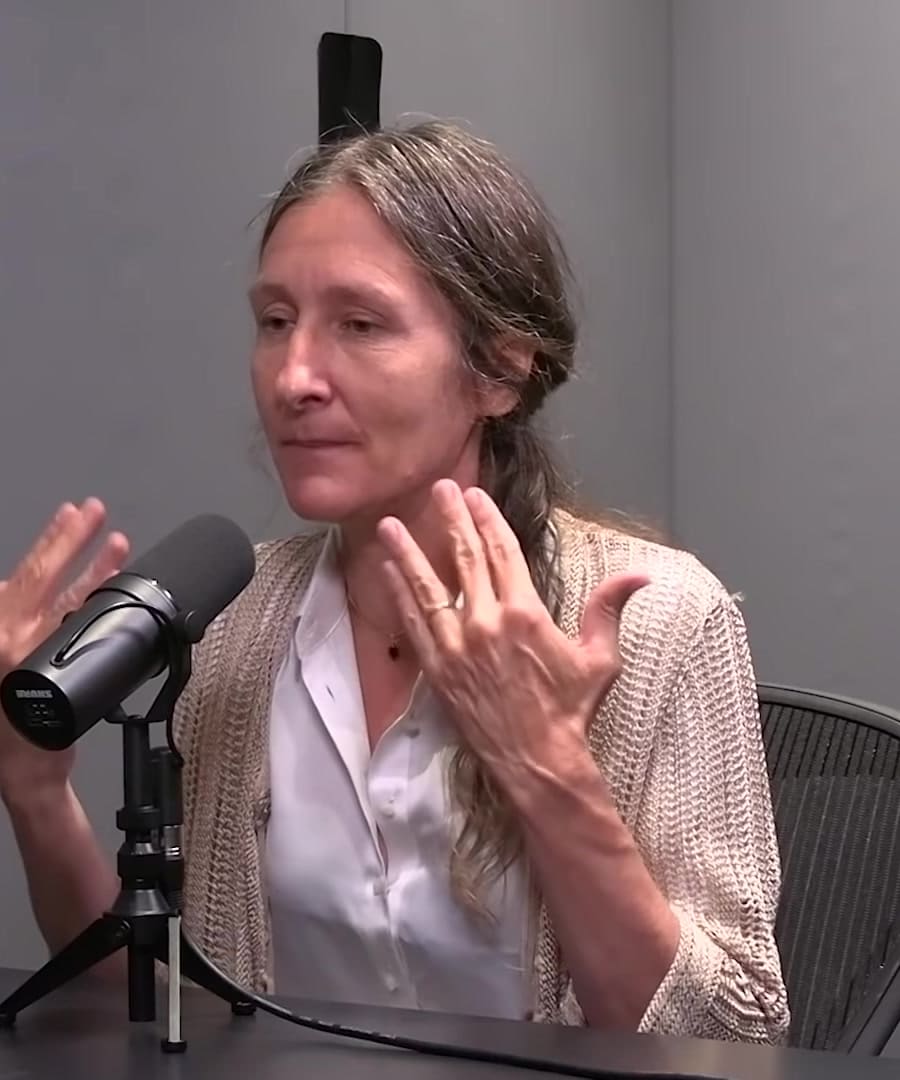Summarize advice on regulating dopamine
Sources:
Dopamine Regulation Advice:
-
B vitamins and Environment: B vitamins, especially B6, are important for maintaining dopamine levels. discusses how they can help reduce prolactin, which inversely affects dopamine. He also warns against bright light exposure, particularly during the night, as it can negatively impact dopamine; instead, he advises avoiding all colors of light at night to improve sleep and dopamine levels 1.
-
Technology Limitations: There is no current technology that can selectively amplify dopamine in one specific pathway in the brain. Hence, taking supplements or drugs to increase dopamine will influence all four dopaminergic pathways, and one should be cautious with approaches that aim to pharmacologically alter dopamine levels 2.
-
Dopamine Detox: Engaging in a 'dopamine detox,' such as taking a break from social media and addictive substances, can help restore dopamine levels. While extreme versions of detox can seem extreme, even moderate efforts to avoid high-intensity stimuli can help reestablish a balance in dopamine signaling 3.
-
PEA and Food Sources: Foods containing PEA, like chocolate, can give a boost to dopamine levels. Andrew shares experiences of taking PEA and suggests consulting with a doctor before trying it as dietary interventions can affect dopamine 4.
-
Overindulgence Consequences: Overindulgence in high-reward behaviors or substances can lead to a dopamine deficit state. This depletion of dopamine can be similar to clinical depression, causing a reset in the dopamine threshold and resulting in a range of negative effects like anxiety, irritability, and mental preoccupation with the substance or behavior in question 5.
-
Anticipation and Reward: Creating anticipation and self-regulating time can help maximize dopamine release. Leveraging the concept of dopamine reward prediction error (the idea that unexpected rewards increase dopamine more than anticipated ones) can be used to enhance pleasure and excitement in life 6.
To ensure a positive impact on dopamine regulation, it is important to consider both behavioral and dietary approaches, as well as be mindful of the potential implications of technological and pharmacological intervention.
RELATED QUESTIONS-
Summarize advice on regulating dopamine
- RELATED QUESTIONS





